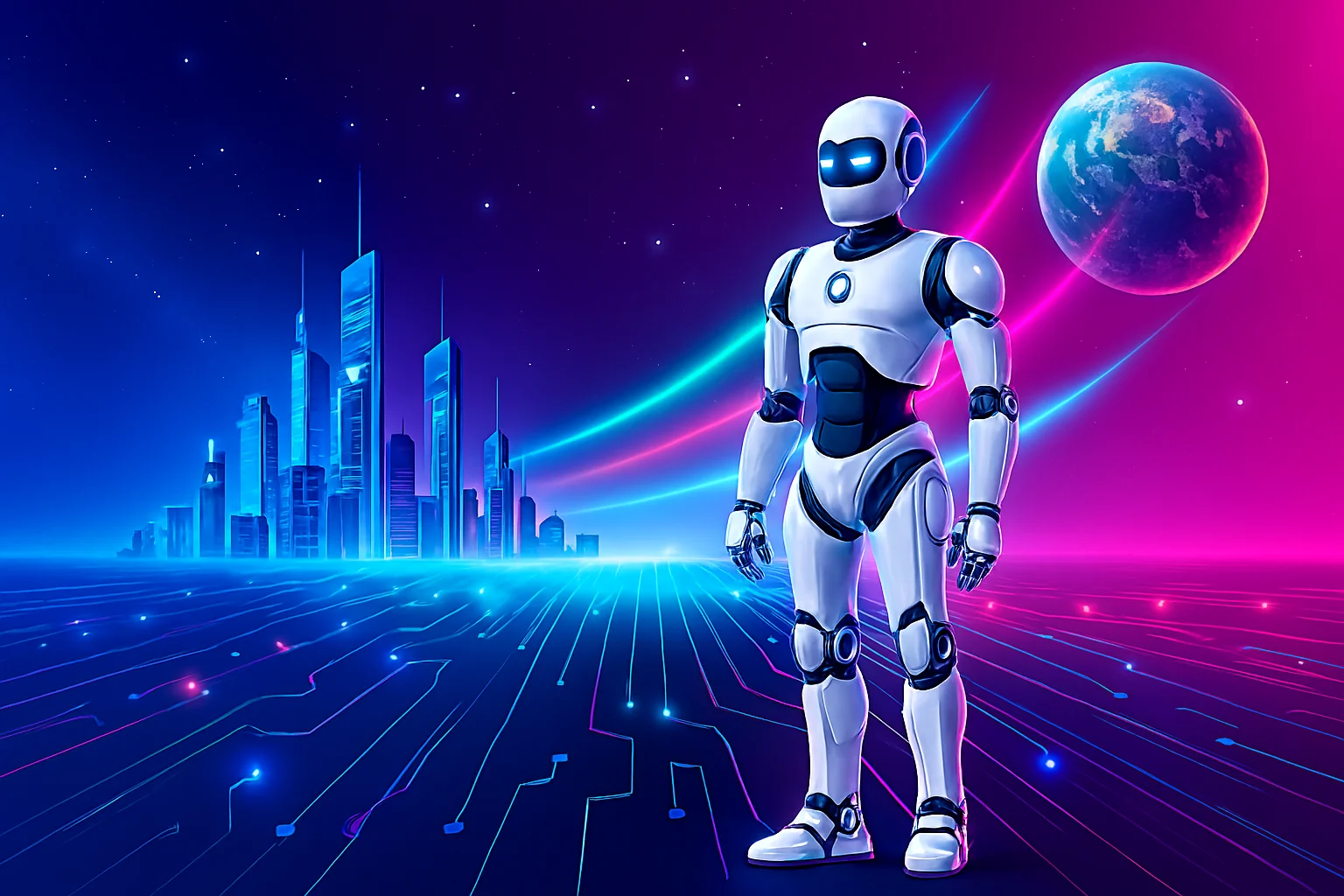
AI in Everyday Life: Seamless Integration
Estimated Reading Time: 2–3 Minutes
Key Takeaways
- AI is transforming daily tasks from personalized recommendations to smart home devices.
- Efficiency and convenience are paramount as AI streamlines processes and automates routines.
- The future holds even more AI integration, impacting communication, transportation, and healthcare globally.
The Pervasive Presence of AI
Artificial Intelligence (AI) has moved from the realm of science fiction into the fabric of our daily lives, often in ways we don’t even consciously notice. From the algorithms that curate your social media feed and suggest your next binge-worthy show to the virtual assistants that manage your schedule and answer your questions, AI is working tirelessly behind the scenes. These intelligent systems are designed to learn, adapt, and perform tasks that traditionally required human intelligence, making our interactions with technology more intuitive and efficient.
Think about your morning routine. A smart thermostat might have already adjusted the temperature based on your preferences and the weather forecast. Your news app delivers personalized headlines, and your email inbox automatically filters spam. Even while driving, GPS navigation systems use AI to predict traffic and find the fastest routes. These are just a few examples of how AI is seamlessly integrated into the mundane, enhancing convenience and saving us valuable time throughout the day. The continuous advancement of AI technologies promises to further refine these experiences.
Beyond personal convenience, AI is also revolutionizing industries on a global scale. In healthcare, AI is assisting in diagnosing diseases with greater accuracy and developing personalized treatment plans. In finance, it’s detecting fraudulent transactions and providing sophisticated investment advice. Even in creative fields, AI is beginning to assist with tasks like generating content and composing music. The global reach of AI means its impact is felt across diverse cultures and economies, shaping how we work, live, and interact with the world around us.
As AI continues to evolve, its integration into our lives will only deepen. We can anticipate more sophisticated autonomous systems, advanced personalized learning experiences, and even smarter cities that optimize resource management. While the ethical implications and societal shifts are important conversations to have, the undeniable trend is towards a future where AI is an indispensable partner in navigating the complexities of modern existence. Staying informed about these developments is crucial for understanding the evolving technological landscape.
Conclusion
AI is no longer a futuristic concept but a present-day reality, enhancing our daily lives through seamless integration and driving global innovation. Embracing its potential while being mindful of its development is key to navigating this exciting new era.
For more insights into technology and its impact, explore newsog.in.
